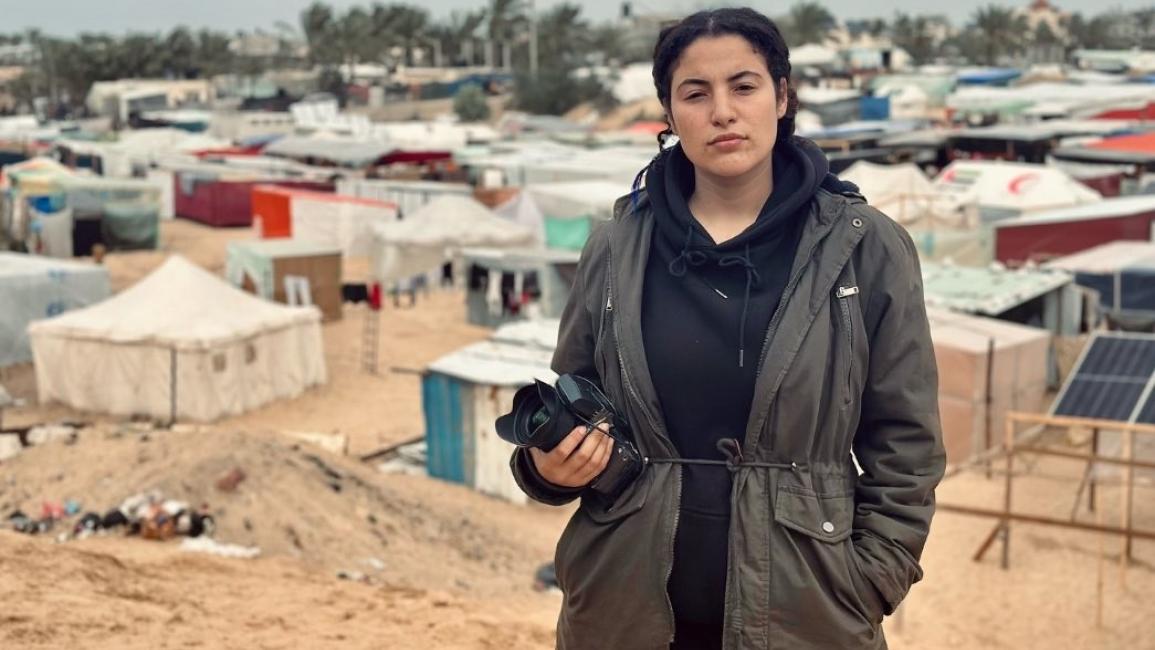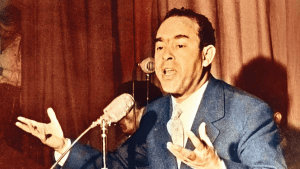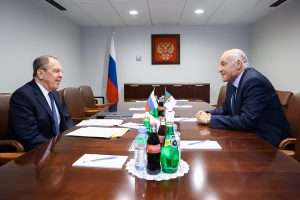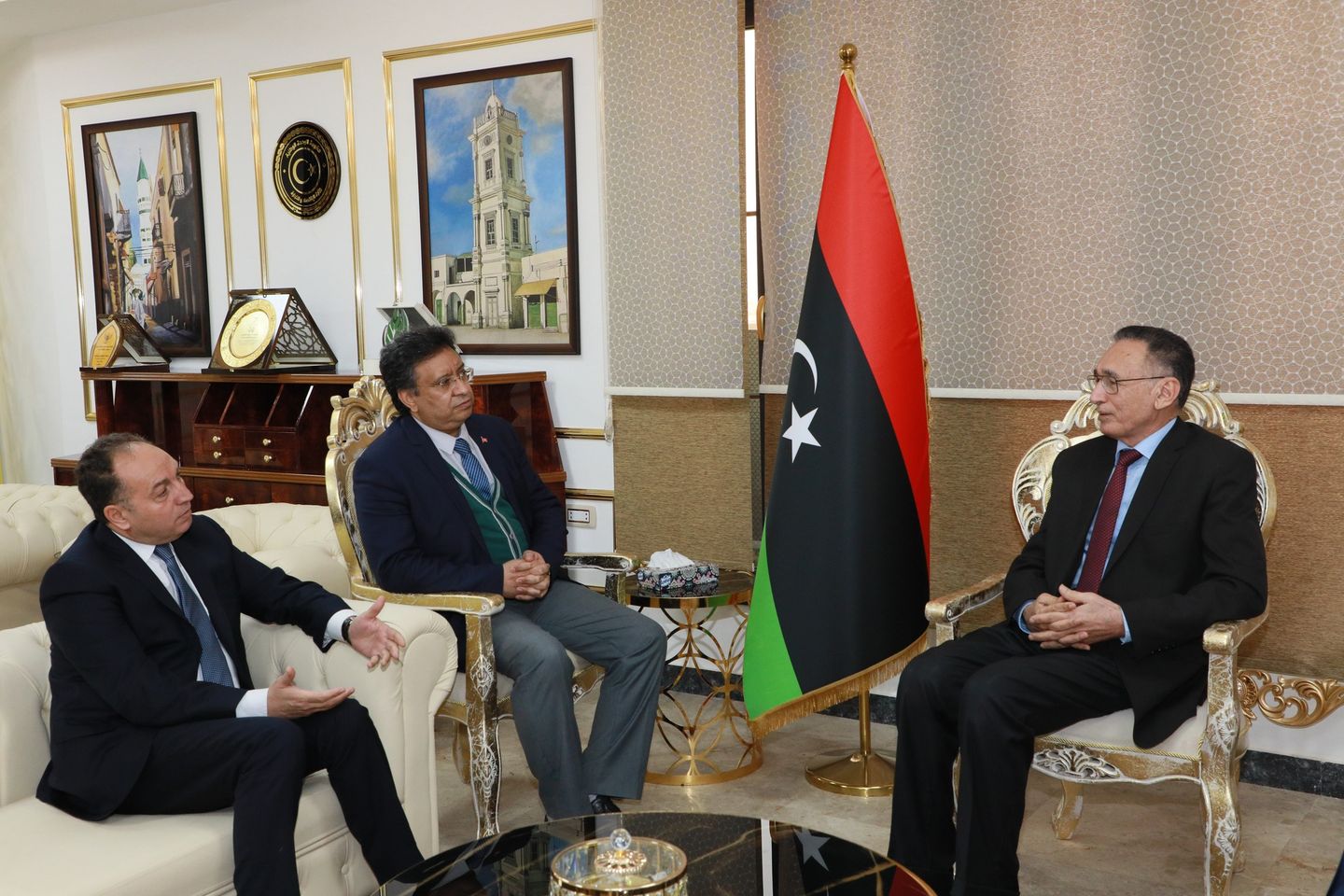Gaza conflict sparks transformation of global cinema

Palestinian filmmaker Bisan Owda with her camera in a Gaza refugee camp.
The United Nations recently confirmed that Israel is committing genocide in Gaza, a finding that has reverberated across the global film industry, the Middle East Eye reported on October 21st.
According to the UN report, Israeli authorities and security forces have engaged in systematic acts of violence against Palestinians, creating an unprecedented moral imperative for accountability in politics, culture, and media.
This revelation has galvanized filmmakers and actors worldwide, leading to pledges to avoid collaboration with Israeli institutions deemed complicit in the oppression of Palestinians. Over 3,500 individuals, including high-profile Hollywood figures, have united to call for this institutional accountability, rather than targeting individual professionals. The pledges aim to apply pressure on entities implicated in systematic human rights violations while distinguishing ethical responsibility from personal discrimination.
A group of prominent actors, including Emma Stone, Joaquin Phoenix, Rooney Mara, and Andrew Garfield, have publicly vowed to refrain from working with Israeli film institutions involved in human rights violations. These actions coincide with debates over artistic responsibility and the ethical use of professional influence, highlighting how geopolitical crises increasingly shape entertainment industry practices.
In the United Kingdom, a key legal challenge has also emerged. The UK Lawyers for Israel group cautioned British media and entertainment companies that participation in such a boycott could violate the Equality Act 2010, potentially constituting discrimination based on nationality, ethnicity, or religion. While the boycott targets Israeli institutions rather than individual employees, UKLFI argued that corporate entities could fall under legal protections, illustrating the complex interface between advocacy, law, and the global film sector.

European film festivals are becoming critical platforms for debate on Gaza. During the Locarno Film Festival in Switzerland Israeli actions were openly condemned, with artistic director Giona A. Nazzaro declaring solidarity with Palestinians. His statement, supported by the festival’s leadership, faced resistance from some sponsors but underscored a shift towards moral engagement in cultural events.
Palestinian themselves seem to be reshaping global perspectives. As Hamid Dabashi said in the Middle East Eye, Palestinian eyewitnesses like Bisan Owda are “recentr[ing] world cinema, moving it away from Europe and the US, and towards the rubble of Gaza, where a new digital age has changed our conception of the world.” Owda’s social media videos, which document daily life amid conflict, have received international recognition, including a Peabody Award, an Edward R. Murrow Award, as well as an Emmy.
These developments reveal a growing tension between ethical responsibility and professional practice. Filmmakers and actors navigate between moral imperatives, legal constraints, and industry pressures, while global audiences are presented with narratives increasingly informed by Palestinian voices rather than traditional Western frameworks.
As the Gaza conflict persists, cinema is becoming a crucial arena for dialogue and advocacy. Artists, festival organisers, and audiences are reassessing how cultural influence can support justice and amplify marginalised voices. The shift towards Palestinian-centered narratives marks a transformation in the way global cinema conceives of itself as a vehicle for storytelling.
Middle East Eye, CNN, Euronews, Maghrebi.org
Want to chase the pulse of North Africa?
Subscribe to receive our FREE weekly PDF magazine













